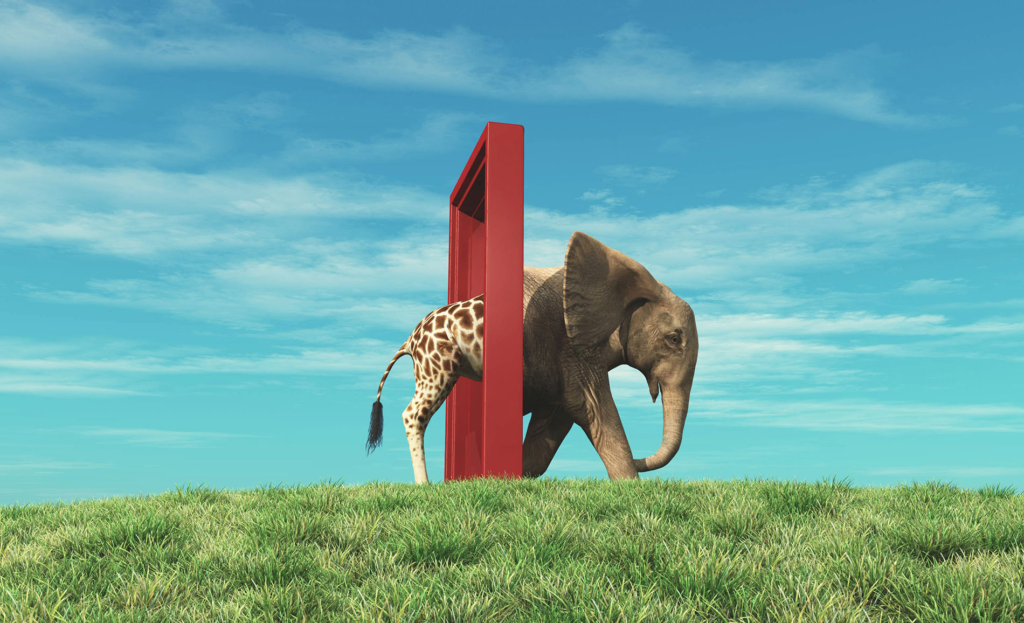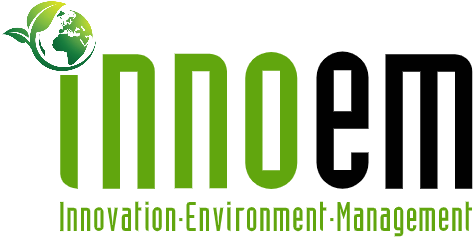The future isn’t something that happens to us. The decisions we make today will determine what happens tomorrow.

As we crossed the threshold into 2023, a question echoed in the sustainability community: What are we going to do differently this year to turn things around?
To reverse biodiversity loss, to get on track for the steep emissions reductions needed, to legitimately address the devastation climate change and extractive industry are having on the historically excluded.
We find ourselves in the age of urgency. Companies long ago caught on to the value of sustainability at a basic level, but the wheels need to turn faster. Much faster.
What are we going to do differently this year to turn things around?
Sustainability professionals speak of embedding the practice throughout our organizations, but resources are still slim in many cases. The pillars of corporate sustainability we have been a part of creating — such as the churn of reporting — feel both necessary and beside the point as tipping points loom in climate, biodiversity, social justice and the other key issues. We’re no longer just asking how we can broaden our aperture, change course and speed up all at once, but whether we can.
With these gloomy thoughts swirling, I found myself on a Zoom call with Dr. Sally Uren, Forum for the Future CEO, arranging the details of her GreenBiz 23 keynote talk, The Critical Mindset Shift We Need Now.
Uren pointed me to a Forum report (in collaboration with WBCSD), “A Compass for Just and Regenerative Business,” which I had overlooked upon its original release. It has at its core, as her keynote title suggests, a critical mindset shift we need to make to build capacity for justice and regeneration. “We looked at the progress that was being made towards sustainability goals and ambitions — from progress towards the SDGs to the way in which we’re approaching the climate emergency — and felt that whilst the sustainability movement has made progress, we’re not going fast enough,” she told me.
Trust me when I say: I read a lot of reports by think tanks, and most leave me entirely unmoved. But I found myself energized by these ideas. Compass puts definition around what “just and regenerative” looks like and, not surprisingly, advises that we won’t get there based on our current levels of ambition, when most businesses are not pushing for transformational change and few of us seem to have concrete ideas about how to do things differently.
The vision they outline is engaging and attractive as well as practical. But how possible is it? I had a chance to ask Uren in this interview, which has been edited for clarity and length.
Dylan Siegler: Forum for the Future has laid out four mindsets: risk mitigation, zero harm, do good and just and regenerative. Can you explain what you mean by the term “mindset”?
Dr. Sally Uren: Effectively, your mindset is your value system. It’s the narrative you tell yourself, it’s how you interpret what’s going on in the world around you, and it determines what you do. At Forum and throughout my career, I’ve developed some really ambitious corporate sustainability strategies and I’ve run lots of stakeholder collaborations. I’ve noticed that unless there’s an engagement at a personal level, nothing really changes. [Pioneering systems thinker] Donella Meadows wrote about mindsets being one of the deepest levers of systems change. What characterizes organizations that are really ambitious, that want to transform systems, is that there’s been personal engagement with the issues.
Siegler: Assuming we can shift our own mindsets, is it up to corporate sustainability professionals to change the mindset of those who control the various parts of a business?
Uren: These mindsets are all nested, and people move between them. When a sustainability professional is talking to finance professionals or talking to supply chain experts, it’s important to know, what is their prevailing mindset? If you understand the predominant mindset in your organization or within a particular function, and use the language of that mindset as a way of engaging, you can also use it as a way of showcasing how things might be different.
Siegler: You have worked with Target, Seventh Generation, Capgemini and others to develop and implement these ideas. What are the results so far?
Uren: We’ve seen organizations recognizing the urgency of working within planetary boundaries, and they’ve pulled forward their timescales [to reach] net-zero emissions. Second, we’ve seen organizations begin to understand the interconnections of the systems in which they work.
We work with an organization called Bupa [an international healthcare company headquartered in the U.K.], and their new strategy focuses on the intersection of climate and health. They’ve articulated that driving health benefits for a population can only be possible when we address climate, when we address nature. The third thing that is happening is organizations are shifting from assuming they know what their employees or their suppliers need to asking them, and co-developing solutions.
Siegler: Corporate sustainability practitioners obviously work within capitalism. Are the critical shifts we need to make possible within the system?
Uren: We don’t have time to overthrow capitalism or come up with a completely new economic system. What we can do is to rearticulate the goals of our current economic system as being: to allow people and planet to thrive into the long term. A system does what a system is set up to do and the economy works really well to achieve its current goal, which is, by and large, short-term profit maximization, driving value to a relative few, and generating that economic value in a way that does not pay any attention to planetary boundaries.
Initiatives such as nature-based solutions are proof that you can really channel economic flows to different outcomes. And so the economy is in transition. Let’s harness that transition, let’s be really deliberate in defining the goals of the economy, and then capitalism will do something different.
Siegler: Many of us struggle to have hope, given all we’re up against. How are you dealing with the critical challenges we’re witnessing? Do you think we’re going to be successful?
Uren: I wish I could say, hand on heart, 100 percent yes. I can’t. We have to hold three things simultaneously in our minds right now: We have to hold hope — the change that we know is needed to happen. We have to hold despair, since for many people a just transition is just not in the cards and millions of people in parts of the world have already had their livelihoods devastated. And third, we have to hold possibility.
The future isn’t something that happens to us. The world we live in today is a function of the decisions we made yesterday. The decisions we make today will determine what happens tomorrow. So we have to hold hope, despair and possibility in the same frame and really believe that the future is ours to write.
Source: https://www.greenbiz.com/article/can-changing-your-mindset-change-everything

